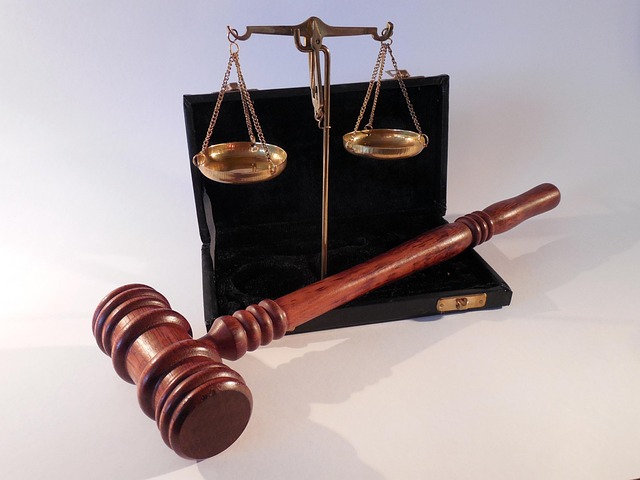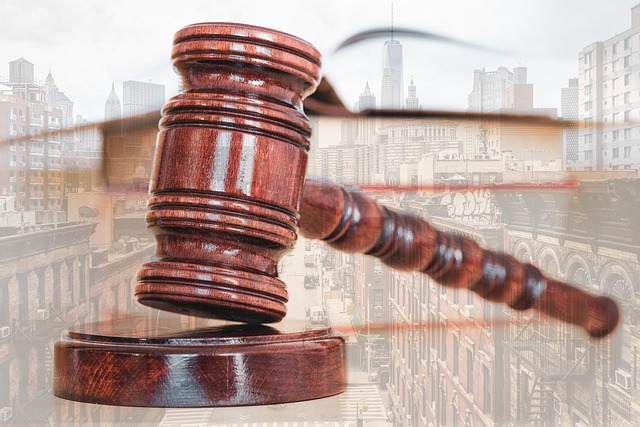Antitrust laws safeguard fair competition, innovation, and affordable prices by preventing businesses from engaging in anti-competitive practices like price-fixing and market division. Violations can lead to substantial fines and criminal charges. Seeking Defamation of Character Legal Advice is crucial for individuals accused of antitrust violations, as it helps protect reputations and navigate complex defenses. Specialized attorneys examine evidence, challenge witness credibility, and craft narratives differentiating legal business practices from illegal activities, promoting fairness, transparency, and integrity in the business realm.
Antitrust violation cases are crucial for maintaining fair market competition. This article delves into the intricate world of antitrust laws and their purpose, guiding you through key indicators of illegal behavior. We explore what constitutes a violation, emphasizing the importance of recognizing anti-competitive practices. Furthermore, we provide essential legal advice on defamation of character in such cases, offering insights to navigate these complex issues. Understanding these principles is vital for businesses and consumers alike.
- Understanding Antitrust Laws and Their Purpose
- Recognizing Behavior That Constitutes a Violation
- Defamation of Character Legal Advice in Antitrust Cases
Understanding Antitrust Laws and Their Purpose

Antitrust laws are designed to promote fair competition and protect consumers by preventing businesses from engaging in anti-competitive practices. These laws aim to ensure that markets function efficiently, with no single entity dominating or controlling the market to an unfair extent. The primary purpose of antitrust regulations is to maintain a level playing field for all businesses, fostering innovation and ensuring consumers have access to diverse products and services at competitive prices.
Understanding these laws is crucial for business owners seeking legal advice. Antitrust violations can lead to severe consequences, including substantial fines and even criminal charges. Defamation of character is not a concern in antitrust cases, as the focus is on business conduct rather than individual reputation. Avoiding indictment involves adhering to competition rules throughout all stages of the investigative and enforcement process. Businesses should be mindful of their actions to prevent unnecessary legal complications and maintain integrity in respective markets.
Recognizing Behavior That Constitutes a Violation

Recognizing behavior that constitutes an antitrust violation is a critical step for both legal professionals and corporate entities. Antitrust laws aim to maintain fair competition in the marketplace, preventing businesses from engaging in practices that limit market opportunities or distort pricing. Key behaviors to watch out for include price-fixing agreements, market division among competitors, and the abuse of dominant market positions. These actions not only undermine free market principles but can also lead to significant legal repercussions, including substantial fines and reputational damage.
Seeking expert legal advice is crucial for both corporate and individual clients facing antitrust allegations. A competent attorney can provide invaluable guidance on how to navigate these complex cases, focusing on developing a robust defense strategy. By understanding the nuances of antitrust law and leveraging relevant case precedents, a winning challenging defense verdict becomes more attainable. Moreover, addressing defamation of character issues that may arise during such legal battles is essential to protect one’s reputation and ensure a fair outcome.
Defamation of Character Legal Advice in Antitrust Cases

In antitrust violation cases, Defamation of character legal advice plays a crucial role in defending individuals accused of white-collar and economic crimes. It’s important to note that many high-stakes cases result from complex business dealings and allegations can sometimes be misleading or inaccurate. Legal professionals specializing in this field help clients navigate these labyrinthine accusations by focusing on avoiding indictment through robust defamation defenses. This strategy involves scrutinizing the evidence, challenging the credibility of witnesses, and presenting a compelling narrative that distinguishes between legitimate business practices and illegal antitrust violations.
Across the country, experienced attorneys guide their clients through the legal maze, ensuring they receive fair treatment. By employing strategic legal advice tailored to each case’s unique circumstances, defendants can protect their reputations and minimize potential liabilities. This proactive approach not only strengthens their position in court but also fosters a culture of transparency and integrity within the business landscape.
In navigating complex antitrust violation cases, understanding the nuances of antitrust laws and recognizing illegal behaviors is crucial. This article has provided insights into these key aspects, including strategies for identifying violations and the significance of expert legal advice. When facing potential defamation of character claims, seeking specialized guidance is essential to ensure a robust defense. By staying informed and utilizing appropriate legal resources, individuals and businesses can protect their rights and navigate these intricate cases effectively.






